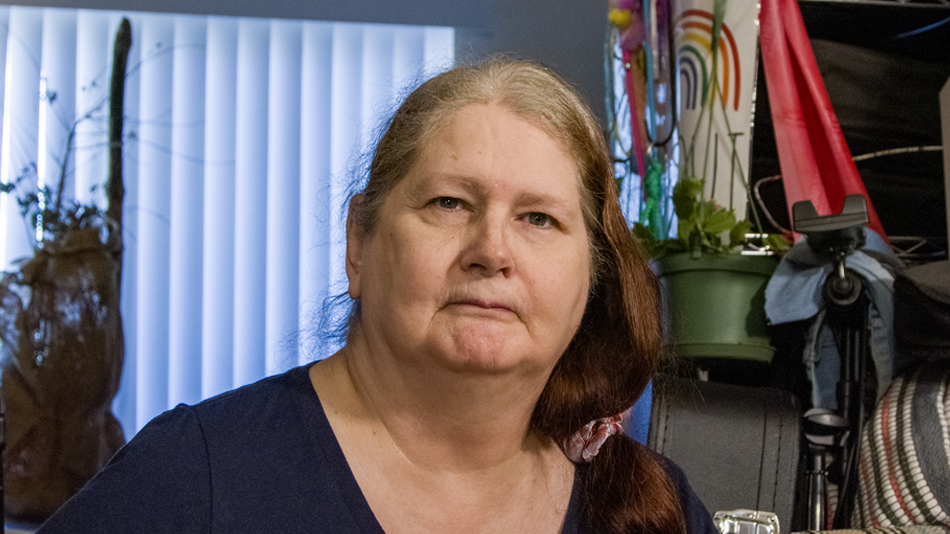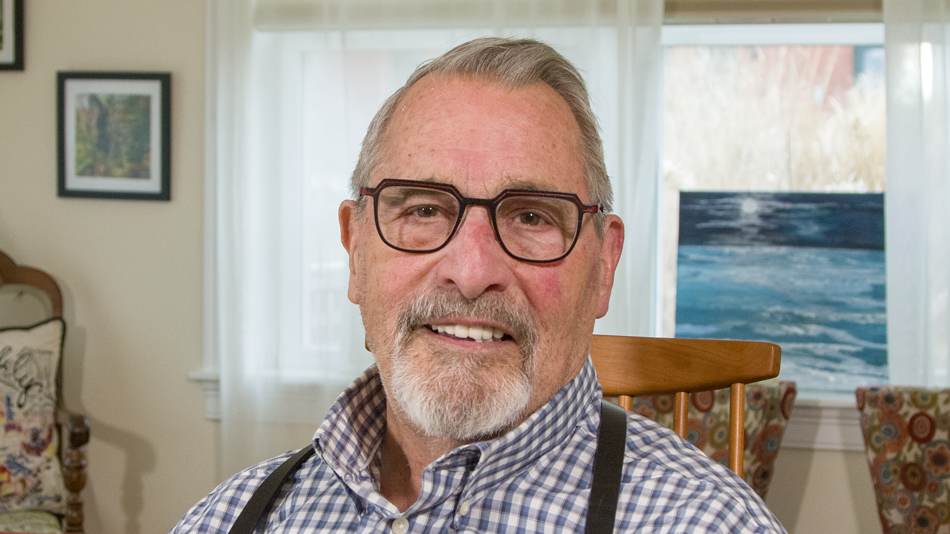
“Why are you doing this? You’re not gay!” In the months since we announced our intentions to start GLBTQ Online High School, I’ve been asked this many times. I don’t mind the first part of the question; it’s the second half of that has always bothered me. Does one have to be from urban areas to want to create options for urban kids? Does one have to be homeless to have compassion for the homeless? Does one have to be queer to support safe, high quality education for queer kids? And why are they asking if I’m gay? Not a single person has ever asked if I’m bisexual or transgender. What biases does that reveal? However, for now, the “why” question is complicated enough.
Now that the majority of states have statewide virtual schools and it’s very easy for any school district to get all sorts of commercial courses relatively inexpensively, the need for new all-purpose virtual schools is decreasing even while enrollments in such schools grows. As a result, new virtual schools are becoming increasingly focused and targeted on specific populations. There are Christian online schools, Native American online schools, and now an all-girls online school under development. The Catholic Archdiocese just announced their intent to start a nationwide Catholic online school to provide education to all of those students who lost the opportunity due to declining enrollments and resulting school closures. The virtual school world strives to provide educational opportunities that traditional schools have failed to provide and serve certain populations that traditional schools have failed to serve. Starting this school is merely a logical extension of my work with virtual schools and my understanding of the trends in the industry.
That’s one answer.
Over the last couple years, I’ve been reading about Chicago Public School’s efforts to start a bricks & mortar school for GLBTQ youth. They failed. Politics, homophobia, and splits even within the queer community led to that failure, and the kids that wanted or needed their own school in order to be among their peers were denied the opportunity. It was obvious to me that the time was right for an online school for queer kids. This school could serve not only the kids in urban areas like Chicago that have no such schools, but it could also serve kids in rural areas that have few local peers and no way to connect to other queer kids – at least not in a safe, academic environment. This school could even serve kids around the world in countries where homosexuality and queerness are crimes. It was also obvious that we would need to be independent of local politics and the whims of a school board. Anything that relied on tax dollars was subject to major objections, so creating an online private school was the obvious choice.
That’s another answer.
Since at least the sixth grade, I have memories of thinking homophobia made no sense. So what if that teacher was gay? Why do those kids always pick on the one they call “sissy?” In high school, if I knew I was straight and my girlfriend knew I was straight, what did I care if someone misinterpreted a comment I made and might think I was gay? “Accused of being gay.” Like that was a bad thing? When I was a young teacher and that brave young man requested to speak to the entire student body to come out and describe how that school’s environment was hostile to gay students, why did the head of the school refuse to attend the meeting? Why did some of that student’s teachers start making nasty comments in class? As a teacher in rural Minnesota when I witnessed some of the comments heard all too often in schools, I put a stop to it as best I could. Why did the kids respond by saying that none of the other teachers ever objected to that kind of language? When I worked for the Department of Education and someone put a box of Humans Unafraid of Gays (HUG) buttons out and available for staff, why did the department leaders take that box away within minutes? How would these incidents make me feel?
That’s another answer.
My first year of teaching in Minnesota was in a small, rural district. It was hell. Students and parents objected to my teaching to the high standards I had come to expect from my previous school. Teachers who had been in the district looked at me with suspicion because I didn’t always use the cookie-cutter approach promoted by the textbooks. And then, when it became known that I was (gasp!) Jewish, the real hell began. Swastikas on my chalkboard and carved into my desk. Taunting in the hallways. Ineffective disciplinary response from the administration. Public humiliation at the required-attendance Christmas assembly held during school. A school board who criticized me for being too sensitive. People who called themselves my friends asking, “Isn’t it like this everywhere?” or “Shouldn’t you just get used to it?” Or even trying to lighten the mood by telling Jewish jokes. The loneliness of isolation in the midst of a community I couldn’t call my own.
That’s another answer.
In the “old days” before the Internet, we were able to and required to live largely in our own neighborhoods. We may have been bused across town for school as I was, but that’s as far as we had to go. As kids, our options were limited by what and who was within the distance we could ride our bikes. We had three television stations. Relatively speaking, we were isolated by geography and limited in our contacts to the people we saw.
Now there’s Facebook and Twitter and virtual schools and a 24-hour news cycle and hundreds of television channels specializing in our every interest. We have more choices. Nowhere does anyone’s life have to revolve around just the limited people in their immediate vicinity. We have tools and techniques to connect on a world-wide basis with the entire range of humanity. We can create communities in which each and every individual can thrive.
So why create GLBTQ Online High School? Because it is needed and because we can.
And that’s the only answer we really need.
—
NOTE: David Glick is the Executive Director of GLBTQ Online High School. I saw a post on Towleroad about the school and contacted David, who graciously took the time to write a story for IFD. You can find out more about David here as well as learn more about the school here. Students can enroll now and class will be in session starting January 2010.








Share